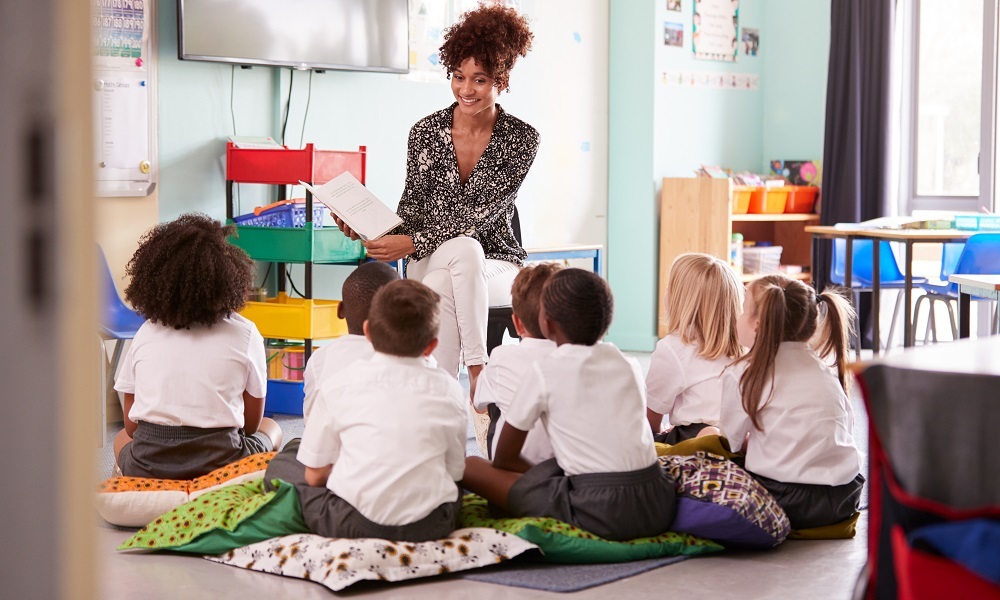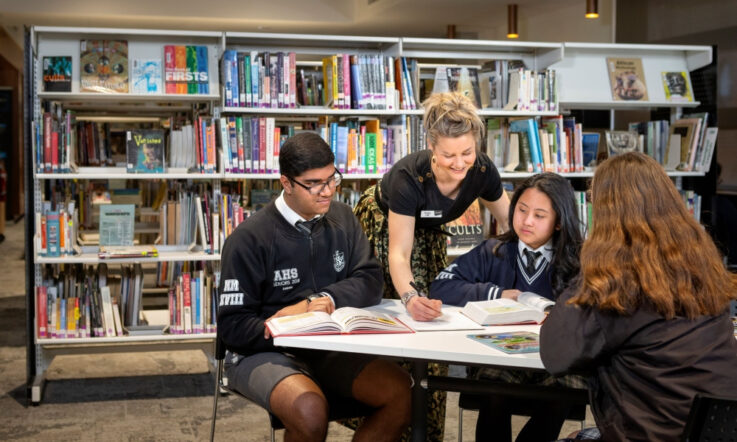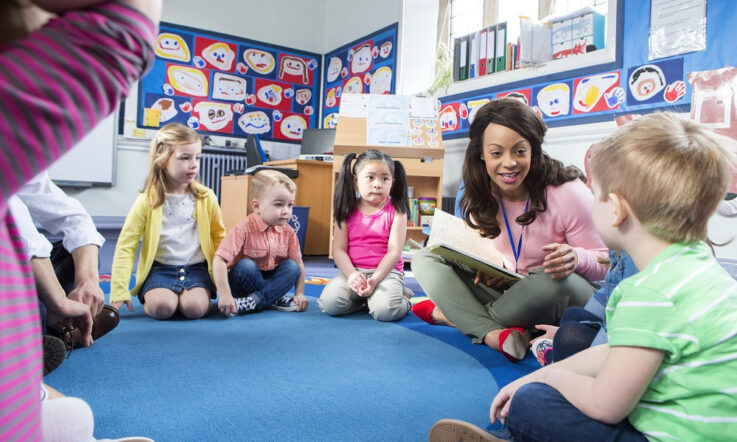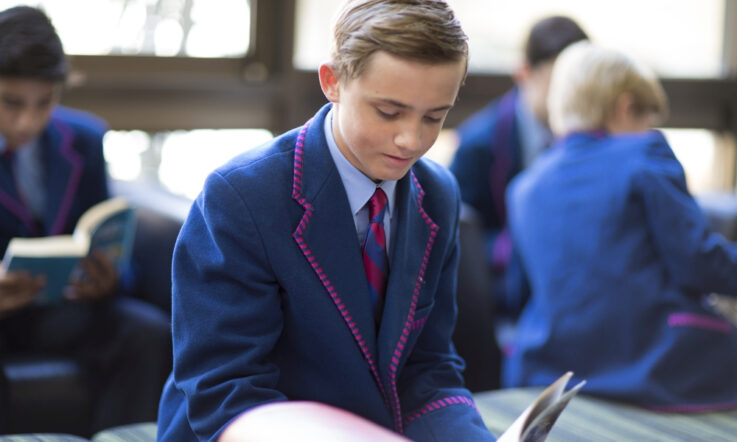A study of children participating in book talks in libraries has shown differing lines of priority between classroom teachers and librarians when it comes to reading, and suggests they should work together more cohesively.
The report, Librarians’ book talks for children: An opportunity for widening reading practices?, was published in the Journal of Early Childhood . It involved Grade 2 students from three primary schools in the south of Sweden and three libraries. Of the participating libraries, two were libraries connected to schools and one was a public library.
Librarians involved in the study were found to have focused primarily on the pleasure of reading with students, while teachers said they placed priority on the skill of reading.
‘Many classroom teachers in Sweden do include children’s literature in their teaching. However, an increased standardization, including specific knowledge requirements, has led to a stronger focus on the assessing of reading,’ the report’s author, Associate Professor at Jönköping University Catarina Schmidt, tells Teacher.
‘In order to support children in a community, teachers need to cooperate as much as they can with librarians,’ she says.
The study at a glance
The study was conducted in 2015 and 2016 and began with Schmidt conducting informal conversations with librarians, before observing two shared book readings they held with a group of 12-20 children from the participating schools.
Then, group interviews with four children from each school were conducted, as well as group interviews with two librarians and one teacher from the participating schools and libraries. In these interviews, children shared their experiences of book talks, what they believe makes for a good book and why they read. The teachers and librarians discussed their experiences with book talks, how they support children’s reading and the role of children’s literature.
Perspectives of librarians and classroom teachers
Different views on the purpose and nature of shared book talks emerged from the interviews conducted with the librarians and teachers in the study.
Through the interviews with the librarians, Schmidt says reading for pleasure appears to be both the aim and the solution for children to become readers in their own individual way. A picture of the ‘desirable reader’ also emerged, with librarians describing this as an individual child who reads children’s literature for fun and seeks out a wide range of books.
‘The librarians stress collectively what they refer to as “reading for pleasure”,’ the paper reads. ‘…a clear distinction appears in relation to the teachers, who all emphasise the crucial need for automatized decoding and their task of supporting their students in this.’
Another difference in perspective reported in the study concerned the type of books that were most appropriate for students to read. All teachers interviewed made it clear that students needed to practise reading a book at an appropriate level of difficulty, and they agreed that they direct students’ choices of books more than librarians.
Teacher and librarian relationships
The study uncovered that once a book talk is completed and the children leave the library, librarians are not aware of the effect or influence the book talk has had on the students. Making the most of a book talk before and after it occurs is one way to enhance the relationships, cooperation and cohesion between classroom teachers and librarians, Schmidt says.
‘Before [a book talk], information about current topics as well as specific needs and/or the languages represented among the children, are essential for the librarian to know about,’ she explains. ‘During the actual book talk, access to books is realised, but what happens after? Will one book be read together and worked with in the classroom, and how?’
Supporting and encouraging children to visit libraries appears as one solution for children to develop positive habits and attitudes regarding their own reading, the report reads.
References
Schmidt, C. (2020). Librarians’ book talks for children: An opportunity for widening reading practices? Journal of Early Childhood Literacy. https://doi.org/10.1177/1468798420964941
As an early years teacher, reflect on the relationship you, and your wider school community, have with local libraries. How is it enhancing the reading culture at your school? In what areas are there room for improvement?



